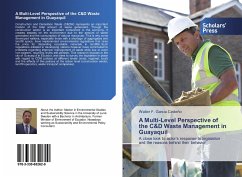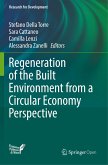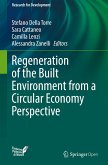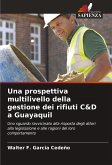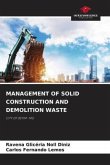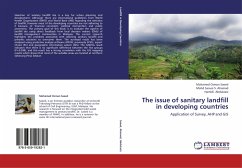Construction and Demolition Waste (C&DW) represents an important fraction of the total amount of waste generated. Though the construction sector is an important component in the economy, it creates impacts on the environment due to the amount of waste generated and the consumption of natural resources. This is why some developed nations, especially those with a shortage of aggregates and landfill space, have implemented environmental regulations that raise the price for discarding recyclable materials in landfills. Such regulations initiated in developing nations however have contributed to problems regarding improper management of waste while low, or even non-existent, recycling levels still persists. This research focuses in the city of Guayaquil in Ecuador, and aims to survey the legislation in place with regard to CDW policies at different levels (state, regional, local) and the effects of this policies at the action level (construction sector, landfill operators, waste transport companies).
Bitte wählen Sie Ihr Anliegen aus.
Rechnungen
Retourenschein anfordern
Bestellstatus
Storno

